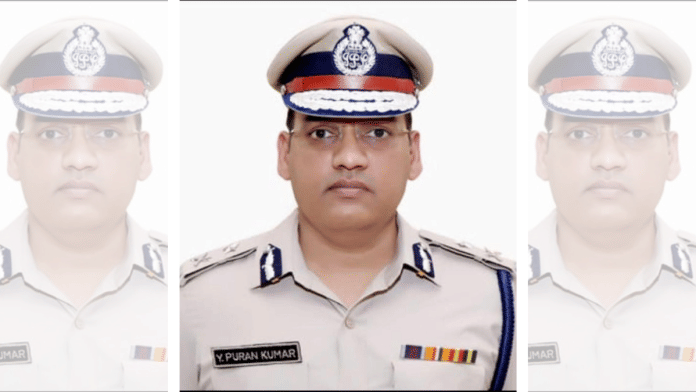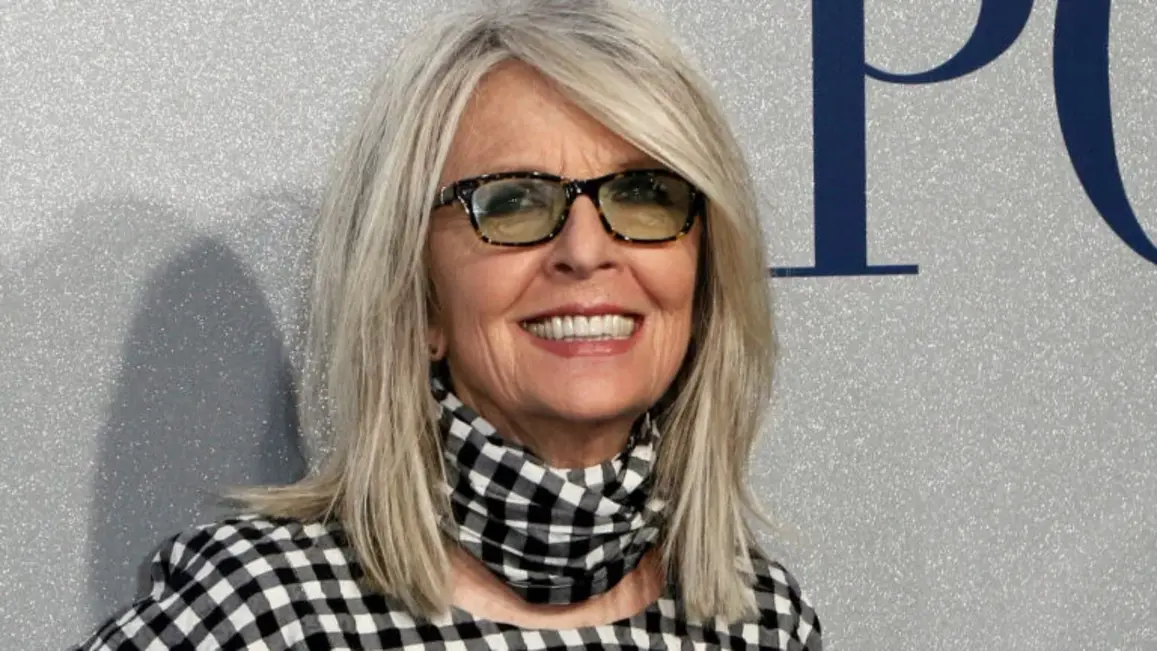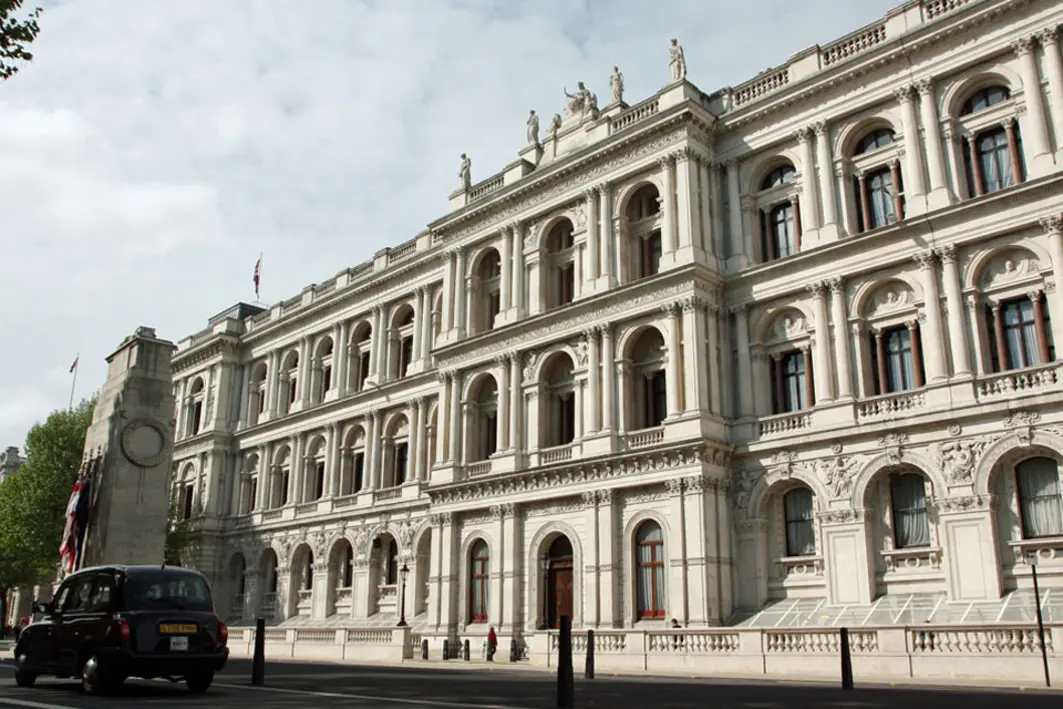IPS Officer’s Suicide Rocks Haryana: Calls to Remove Accused Bureaucrats Amid Caste Allegations
Gurugram: The tragic suicide of IPS officer Y. Puran Kumar has unveiled significant rifts within Haryana’s bureaucracy. A considerable segment of officers is deeply dissatisfied with their seniors, expressing a profound lack of trust, particularly following the complaint filed by Kumar’s wife, Amneet P. Kumar (an IAS officer), against Haryana DGP Shatrujeet Kapoor and Rohtak SP Narendra Bijarniya.
Haryana Civil Services (HCS) officers have openly voiced their support for Kumar’s family, demanding the immediate removal of all high-ranking officers who could potentially influence the ongoing investigation into the IPS officer’s death. Concurrently, several IAS and IPS officers, especially those from the Scheduled Caste (SC) community, are expressing outrage over the circumstances that led a young IPS officer to take his own life, attributing it to power politics among top-tier officials.

IPS officer Y. Puran Kumar died by suicide on 7 October. In his purported suicide note, he explicitly accused Haryana DGP Shatrujeet Kapur and Rohtak SP Narendra Bijarniya of attempting to frame him in a fabricated corruption case. The 52-year-old officer also named 13 other present and former officers, alleging that they had harassed and humiliated him due to his Scheduled Caste background.
His family only consented to the post-mortem late Friday after Haryana Home Secretary Sumita Misra visited Amneet’s residence and assured her of a fair and transparent investigation.
A Pattern of Alleged False Cases
On Thursday, D. Suresh, a 1995-batch Haryana cadre IAS officer from Hyderabad, met Chief Minister Nayab Saini. He informed the CM about the Haryana Vigilance Bureau (now the Anti-Corruption Bureau) under DGP Shatrujeet Kapur, allegedly targeting Dalit and economically weaker officers since Kapur’s appointment as vigilance chief in 2020.
“As resident commissioner of the Haryana government in Delhi, I receive the CM whenever he comes here. I apprised him of how officers from the SC community, or those from a weaker background, are targeted by manufacturing false evidence against them,” he stated, speaking to ThePrint.
D. Suresh alleged that Kapur deliberately targets SC and economically weaker officers, knowing they are less likely to retaliate. This, he claims, allows Kapur to present himself as a champion against corruption.
The IAS officer also met Haryana Chief Secretary Anurag Rastogi on Wednesday while visiting the grieving Amneet P. Kumar. Suresh conveyed to the Chief Secretary that nothing short of the arrests of Kapur and Bijarniya would be acceptable to the aggrieved officers.
Regarding the FIR filed in Rohtak, which allegedly triggered Y. Puran Kumar’s suicide, D. Suresh asserted that it was registered with the intent to falsely implicate the Rohtak officer.
Normally, when a complaint is made against a senior officer, a preliminary inquiry (PE) is conducted first. Only if there is prima facie evidence are the Chief Minister and Chief Secretary informed. However, D. Suresh noted that the Haryana Police and Haryana State Vigilance Bureau (now the Anti-Corruption Bureau) have registered FIRs against several senior IAS officers without seeking the necessary government approvals.
Incidentally, D. Suresh himself is among the officers who have faced action from the Kapur-led vigilance bureau. He claimed that the action against him was also initiated without the requisite government approvals.
In 2020, the Kapur-led vigilance bureau recommended action against D. Suresh and other officers for allegedly causing financial losses to the Haryana Shehri Vikas Pradhikaran (formerly Haryana Urban Development Authority). This was reportedly for re-allotting a plot in 2019 to a Gurugram-based school at 1993 land rates.
Following an application from D. Suresh, Central Information Commissioner Vijai Vardhan eventually directed the state government in April last year to provide him with the vigilance inquiries and approvals granted under the Prevention of Corruption Act, 1988.
The Print attempted to reach Shatrujeet Kapur via WhatsApp messages for comment but did not receive a response at the time of publication.
An amendment in 2018 to the Prevention of Corruption Act (Section 17A) provides a shield for public servants, prohibiting inquiries or investigations into official decisions or recommendations without prior approvals. However, another senior IAS officer from the Scheduled Castes community, who requested anonymity, alleged that “this provision is being given a go-by in Haryana.”
The senior officer further alleged that Dalit officers and those from economically weaker backgrounds are easy targets for the vigilance bureau to inflate its achievements in curbing “corruption.” Meanwhile, officials who have amassed wealth or built luxurious properties, including plum real estate or private guest houses in Gurugram, are portrayed as honest and upright officers, he added.
Calls for an Impartial Probe into the Suicide
Another anonymous officer commented that in recent times, anonymous and false complaints aimed at trapping officers from weaker sections of society have become commonplace. This, he noted, often involves fabricated FIRs, direct arrests, and the torture of officers, with the sole purpose of instilling fear among individuals from SC, OBC, and other communities.
The clear message, according to the officer, is that anyone who dares to question authority will be framed. He added that fake evidence and WhatsApp chats frequently become the basis for such cases, often without proper investigation.
Shambhu, a Haryana Civil Services (HCS) officer of the 2016-batch and currently the CEO of Zila Parishad, Kurukshetra, also heads the Haryana Civil Services (Executive Branch) Association. This body represents all 258 HCS officers in Haryana. Shambhu informed ThePrint that the association submitted a representation to CM Saini.
The association requested the CM to remove all individuals in top positions who possess the authority to influence the probe into the IPS officer’s suicide case. When asked if this demand extended to the removal of not only the DGP but also CS Anurag Rastogi (whose name appears in the IPS officer’s eight-page final note), Shambhu shared a copy of the association’s representation, dated 9 October. It stated: “In the interest of justice, the association also suggests that it is necessary to temporarily remove accused officers from positions of power to alleviate apprehension of undue influence over junior-ranking investigating officers.”
“When we say removal of accused officers, it clearly means all those mentioned in the FIR,” Shambhu clarified. “We are not against any officer at all. All that we want is an impartial and transparent probe such that no officer arrayed as an accused in the FIR sits at a position where he can influence the probe.”
The representation urged the Chief Minister to ensure a swift investigation, emphasizing the gravity of the case.



